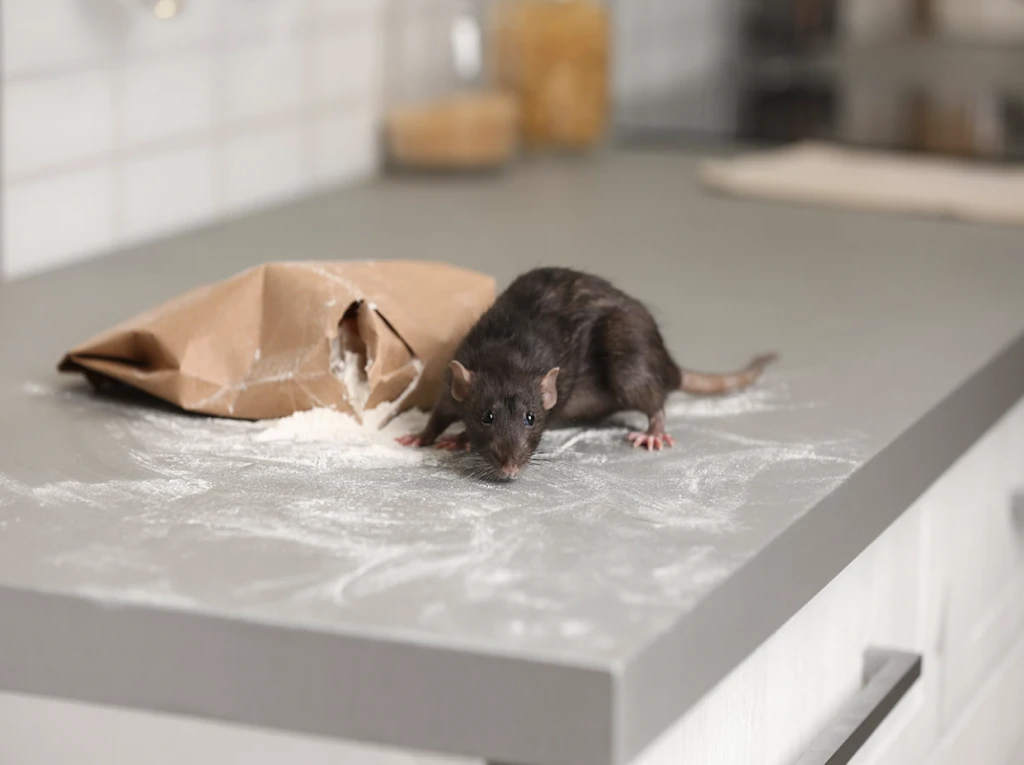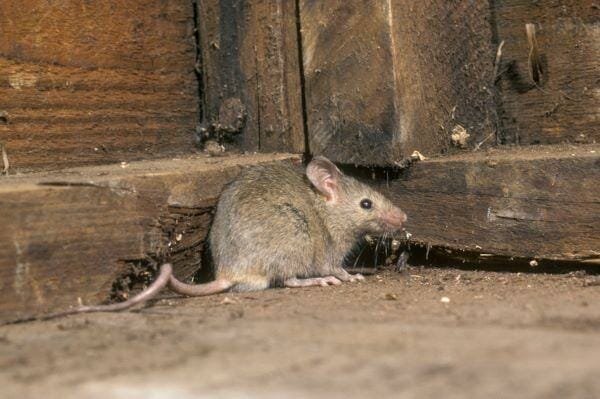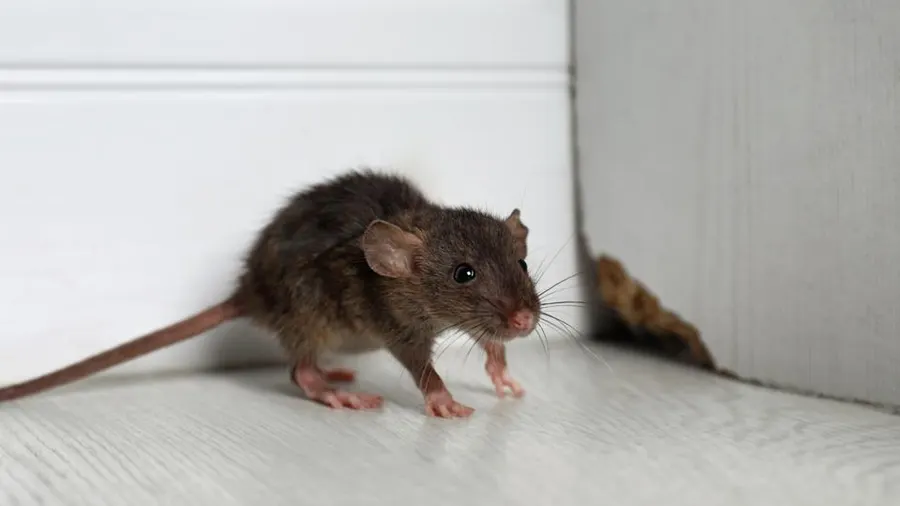Discovering mice or rats in your home can be unsettling, turning your living space into an unexpected shared habitat. In this guide, Complete Bed Bug Exterminating delve into the world of rodent infestations, offering practical insights on safely removing these unwelcome guests. From understanding their behavior to implementing effective removal strategies, we aim to empower you in reclaiming your home. Let’s navigate the nuances of rodent control together, ensuring a safer and more comfortable living environment for you and your family.
Identification is the crucial first step in effectively addressing rodent infestations in your home. Take note of telltale signs such as droppings, gnaw marks on food packaging or structural elements, and distinct odors. Observing these indicators will help you pinpoint the areas of activity and devise targeted removal strategies. Additionally, familiarize yourself with the behavioral patterns of mice and rats, understanding where they nest and common entry points into your home. By honing your identification skills, you empower yourself to address the issue promptly and implement appropriate measures to reclaim a rodent-free living space.
Gaining insights into the behavioral patterns of mice and rats is paramount when tackling a rodent infestation in your home. Understanding their habits, nesting preferences, and routes of entry allows you to tailor your removal strategies effectively. Mice and rats are known for their agility and ability to navigate tight spaces, making it crucial to identify common entry points such as gaps in walls or openings around pipes. By comprehending their behavior, you can strategically place traps or deterrents in areas where rodents are likely to frequent. This insight not only enhances the effectiveness of removal methods but also aids in preventing future infestations by addressing the root causes of their presence. Choose the right pest control service to complement your efforts and ensure a comprehensive approach to rodent management.

When dealing with a rodent infestation, employing safe trapping methods is essential to address the issue without causing harm to the animals or risking safety in your home. Humane traps, such as catch-and-release devices, provide an ethical approach to capture mice and rats. These traps allow you to relocate the rodents away from your living space, ensuring their well-being. Alternatively, electronic traps can be used for quick and humane extermination. It’s crucial to regularly check traps to minimize stress on captured rodents. By choosing safe trapping methods, you not only address the infestation effectively but also uphold ethical standards in managing the presence of mice and rats in your home.
Proper cleanup is a critical aspect of managing a rodent infestation in your home. Once the rodents have been removed, it’s essential to thoroughly clean and sanitize affected areas. Begin by wearing protective gear, including gloves and a mask, to minimize exposure to potentially harmful substances present in rodent droppings. Use disinfectants to clean surfaces, paying special attention to areas where rodents were active. Dispose of contaminated materials, such as nesting materials or damaged items, in sealed bags. Vacuuming with a HEPA filter can help remove any remaining allergens. This meticulous cleanup not only eliminates health risks associated with rodent presence but also ensures a hygienic living environment for you and your family. When comparing pest control methods, prioritize those that integrate effective cleanup strategies for a comprehensive approach to rodent management.

Natural deterrents provide an environmentally friendly and chemical-free approach to keeping rodents at bay in your home. Common natural deterrents include the use of peppermint oil, which has a strong scent that mice and rats find displeasing. Simply soak cotton balls in peppermint oil and place them strategically around entry points or areas prone to infestations. Vinegar is another effective natural deterrent; its pungent odor acts as a repellent. Dilute vinegar with water and spray it in areas frequented by rodents. These methods offer an alternative to chemical solutions, allowing you to discourage rodents while maintaining a more eco-conscious approach to pest control. When exploring pest control services, consider incorporating natural deterrents for a greener and sustainable rodent management strategy.

Community collaboration is key to effectively addressing rodent infestations, turning the battle against these pests into a collective effort. By fostering open communication with neighbors, sharing insights, and collectively implementing preventive measures, residents can create a more resilient and rodent-resistant community. This collaborative approach involves organizing community awareness initiatives, such as workshops or informational sessions, to educate everyone about identifying signs of infestations and implementing preventive measures. Together, neighbors can address shared concerns, pool resources, and support one another in maintaining a pest-free living environment. When considering pest-proofing your NYC restaurant, draw inspiration from the cooperative spirit of community collaboration to establish effective measures for rodent management in commercial spaces.
What is the best way to get rid of rats and mice in your house?
The most effective way to eliminate rats and mice from your house is by combining humane trapping methods, proper sanitation, and sealing entry points to prevent their return.
How do you clean a house infested with mice?
Clean a mouse-infested house by wearing protective gear, using disinfectants, disposing of contaminated materials, and vacuuming with a HEPA filter for a thorough and hygienic cleanup.
What smell do rats hate?
Rats are repelled by the strong scent of peppermint oil, making it an effective natural deterrent.
How does vinegar get rid of mice?
Vinegar acts as a natural mouse deterrent due to its pungent odor, effectively repelling mice and discouraging them from entering treated areas.
What kills rats instantly?
A lethal dose of rodenticide or a well-placed snap trap is known to kill rats instantly.
In conclusion, safely removing mice and rats from your home involves a multifaceted approach, combining humane trapping methods, preventive measures, and thorough cleanup. By understanding their behavior and implementing natural deterrents, you can create an environment that discourages infestations. Regular monitoring, community collaboration, and maintaining a clean living space are pivotal in ensuring long-term success. Striking a balance between effective pest control and ethical considerations contributes not only to a rodent-free home but also to a healthier and more sustainable living environment for all.